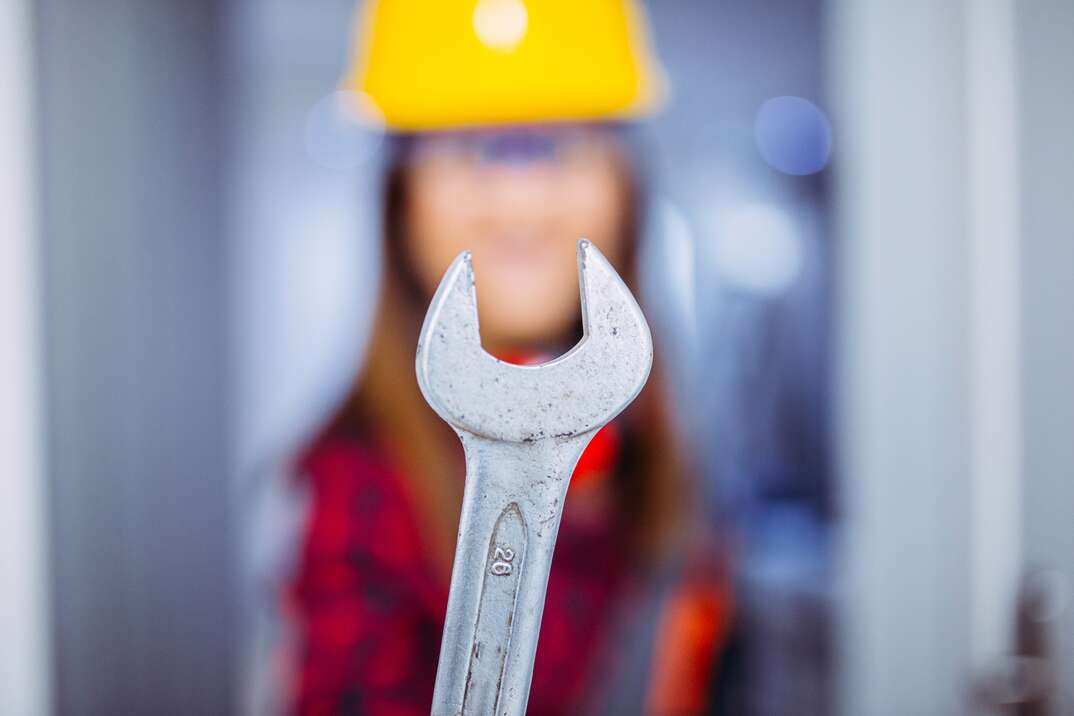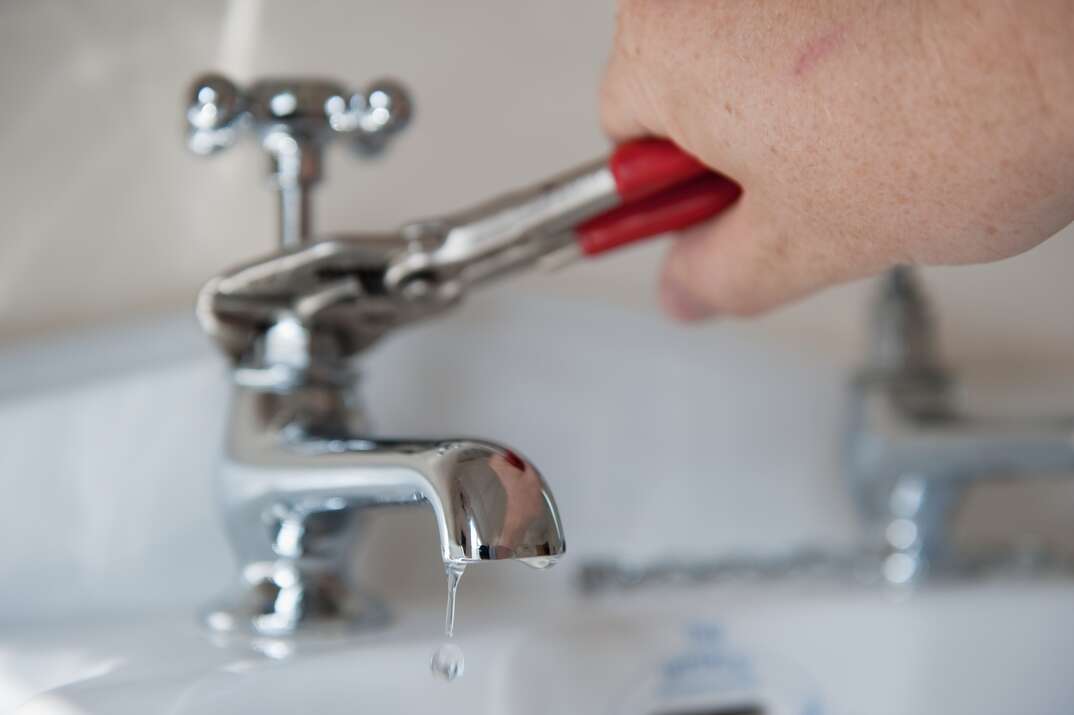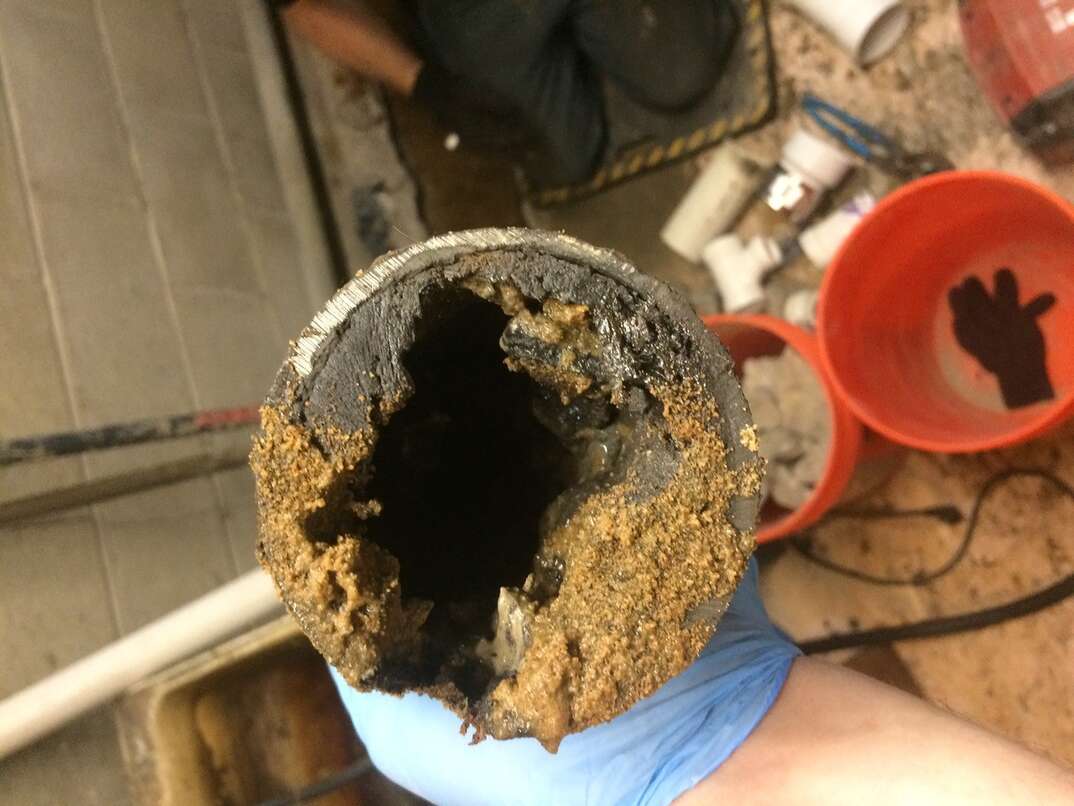9 Times When You Should Call a Professional Plumber

What's the worst that could happen if you fix your plumbing yourself? You might be surprised at just how severe the issue can get if you skip calling a professional plumber and try to DIY.
This May Also Interest You: 9 Common Plumbing Myths — Busted
While it's tempting to save money by going it alone, it's often better to leave your home's intricate plumbing system to a professional.
When You Should Call a Plumber
Your entire plumbing system is connected, so a DIY fix of one component could mess up something else. You also run the risk of causing major water damage to your home if you don't fix issues correctly. While it's tempting to save money, hiring a professional plumber is almost always the best decision, except in cases of minor repairs.
Always call a plumber in the following situations.
1. No Hot Water
Your water heater is more than just a luxury of modern life; it's important for personal hygiene and home cleaning. If you're not getting hot water from your faucets, you can do some minor troubleshooting. If you have an electric water heater, check the breaker panel. If your water heater runs on gas, see if the pilot light is out.
If that doesn't work, call a plumber to diagnose the issue. A licensed plumber can identify and fix the problem or install a new water heater.
2. Noises in Pipes
You shouldn't hear noises in your pipes if everything is running smoothly. Rattling or knocking can indicate a problem, often water hammer. It happens when the water suddenly and sometimes violently changes direction in the pipes. It can cause damage to the plumbing over time, so you should call a professional to take care of it.
3. Burst, Broken or Frozen Pipes
Burst or broken pipes can cause serious water damage in your home. Damage to pipes hidden in the walls can be difficult to locate. Repairs can also be challenging. A licensed plumber will repair the broken pipe correctly and ensure it doesn't leak. Frozen pipes can also be an issue in cold areas. Even if the pipe hasn't burst yet, it's best to let a plumber thaw your frozen pipes and check for damage. The plumber can make sure the pipe isn't damaged from the ice, and they can offer recommendations to prevent frozen pipes in the future.
4. Gas Leaks
Plumbers don't just work with water. They also work with gas lines. Always leave gas leaks, gas line repairs and gas line installation to professionals. Working with gas is very dangerous and could result in explosions, fires, injury and death if not handled properly.
If you smell a rotten egg odor, get out of the house and call your gas provider or 911. Then, have a licensed plumber handle the repairs.
More Related Articles:
- How Your Home’s Plumbing System Works
- Pipe Burst? Here’s What to Do Next
- How Do You Flush a Toilet Without Running Water?
- Does Homeowners Insurance Cover Plumbing Repairs?
- 5 Things You Should Know About Your Plumbing Vents
5. Persistent Clogs
It's a common plumbing myth that chemical drain cleaners work safely. It's best to avoid them. Sometimes a plunger or plumbing snake is enough to clear your drains and get water moving again. If you have a drain that always seems to get clogged or you can't clear the clog easily, get help from a plumber. They have special tools to clear drains safely without chemical drain cleaners.
6. Bathroom and Kitchen Remodels
The bathroom and kitchen are popular choices for renovations, and they often involve changes to the plumbing. Hiring a plumber for everything, even swapping out the faucets, ensures the job is done correctly. You definitely need a licensed plumber for more involved tasks like moving the location of plumbing fixtures.
7. Drop in Water Pressure
It's common to have occasional changes in water pressure, but a sudden drop that doesn't recover could be a sign of a major plumbing problem. Low water pressure can indicate a leak, blockage or burst pipe. If you don't know why your water pressure is suddenly lower, hire a plumber to investigate.
8. Sewer Line Issues
Sewers are not only stinky and messy, but the material they carry away from your home (you know what we’re talking about) is potentially hazardous to your health. Sewer lines are full of bacteria that can make you sick, and the sewer gases can become overwhelming.
If your sewer seems to be clogged or leaking, call a plumber to take a look at it. Plumbers have cameras and other tools to locate sewer problems. They also know how to work around sewer lines and sewage safely.
9. Any Time You Feel Unqualified
Use your best judgment when it comes to hiring a plumber. Other than minor issues, most plumbing problems should be fixed by a professional. Consider your experience and how comfortable you feel with a particular plumbing issue. You might feel fine wielding a plunger to clear the occasional backed-up toilet, but you prefer to leave leaks and major clogs to the professionals. If you feel like you're in over your head, call a professional plumber to avoid making the situation messier and more expensive to fix.


